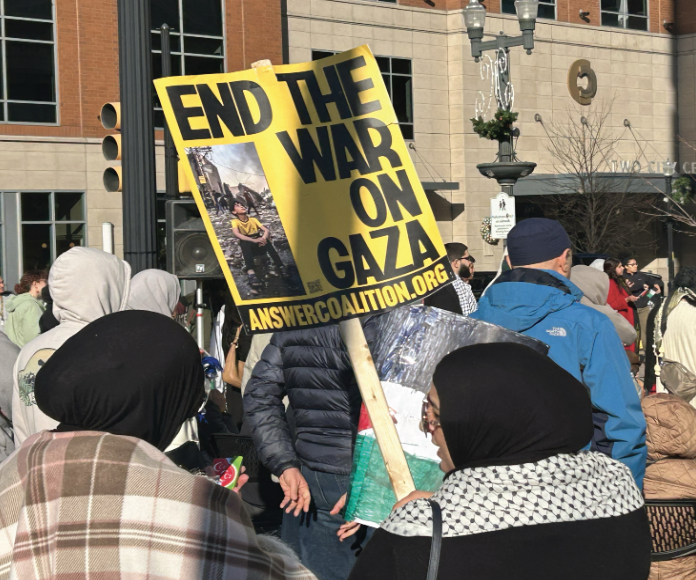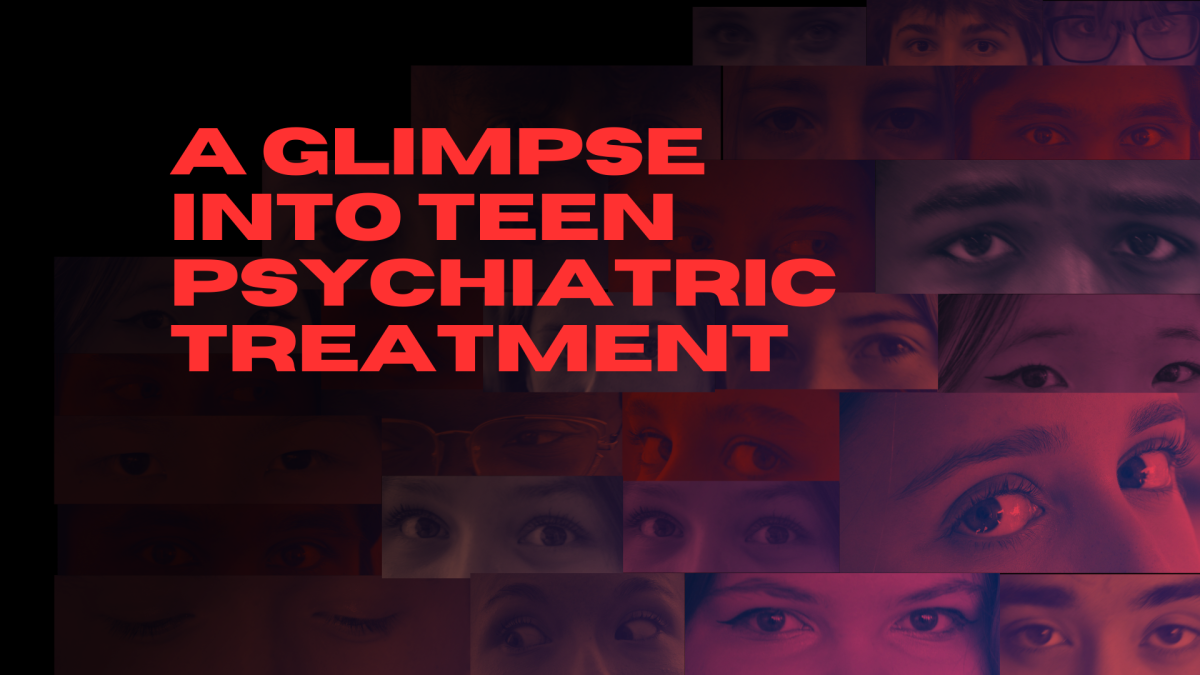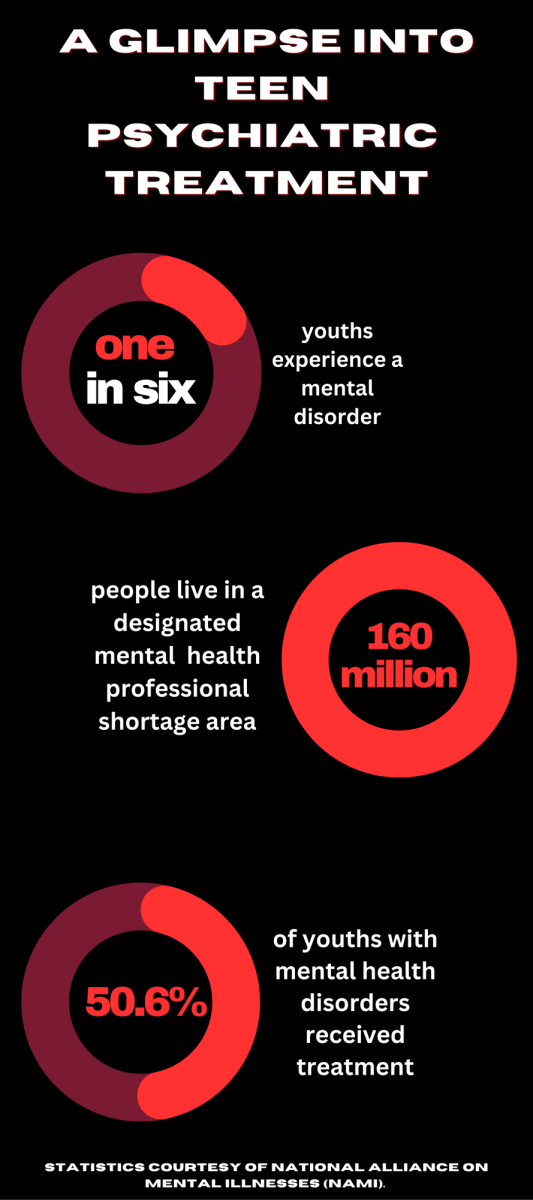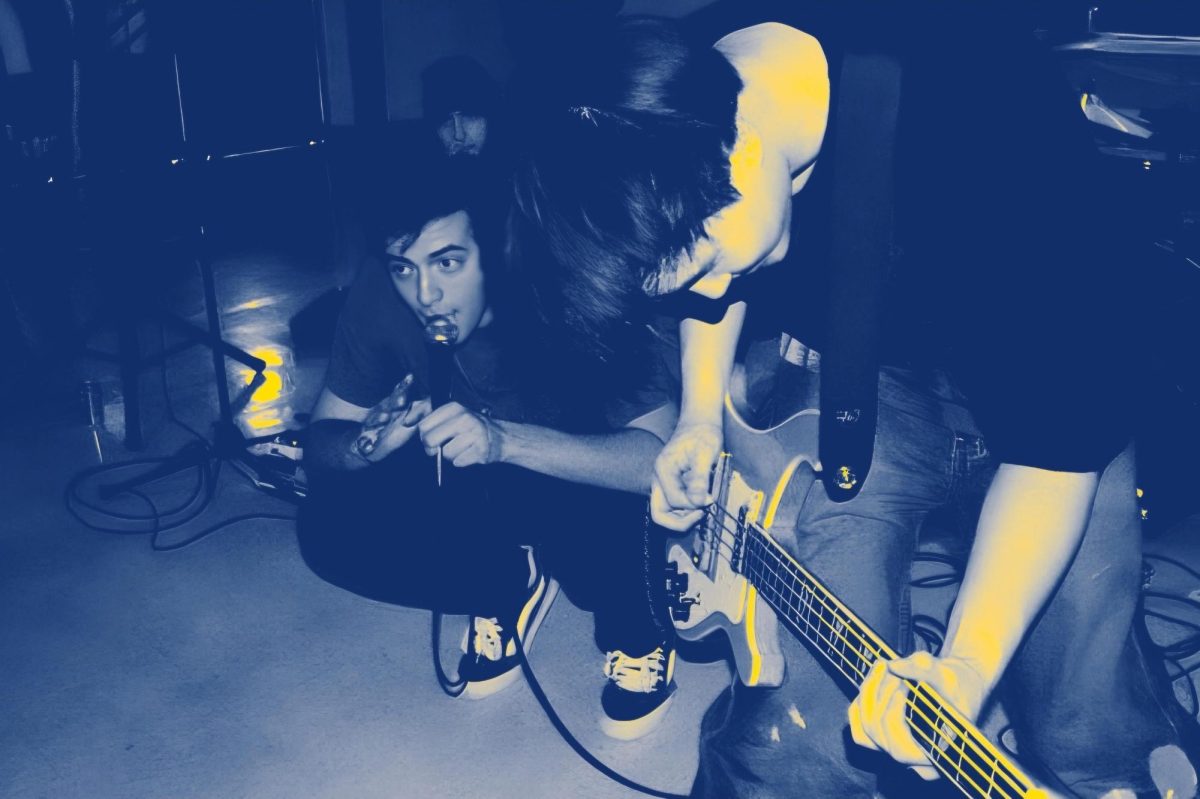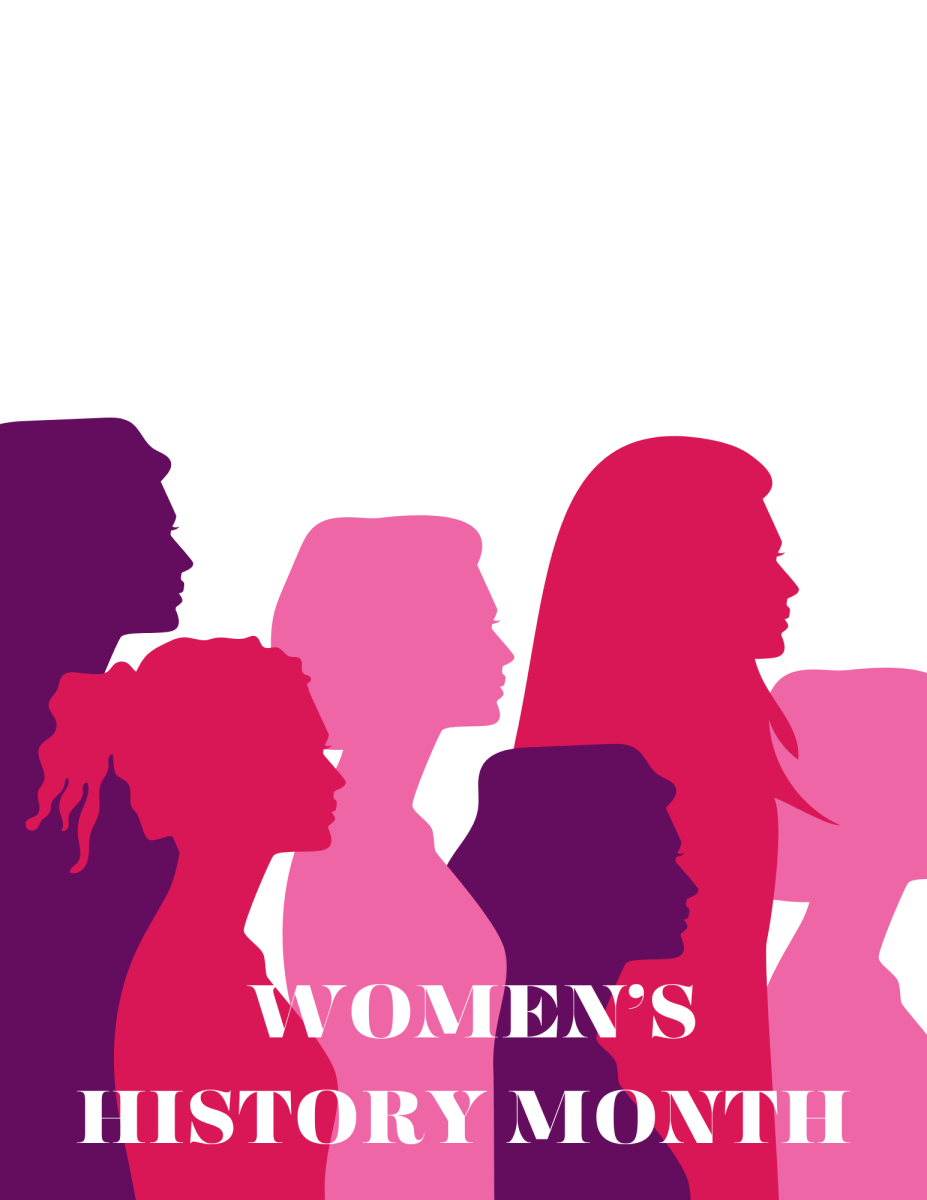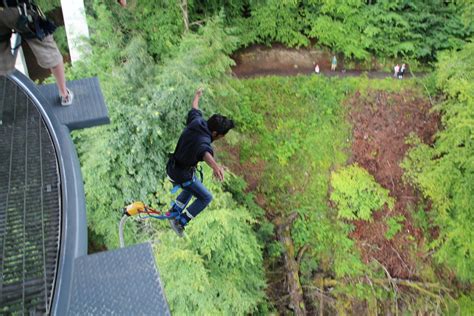This previously ran in our December 2023 print issue.
Additional reporting by Gavin Germain and Carina McCallum.
The recent war between Israel and the terrorist group Hamas has not only deeply impacted the Middle East, but served as a catalyst for activism and discourse across the world, including in the Lehigh Valley. Nearby pro-Palestinian protests and grassroots campaigns have rapidly mobilized since Hamas’ Oct. 7 attack and subsequent Israeli invasion of Gaza, to speak out on the geopolitical conflict.
On Nov. 24, the Muslim Association of the Lehigh Valley (MALV), in conjunction with several other Muslim organizations (including its sister mosque, the Jesus, Son of Mary Mosque), held a joint Jummah (Friday Muslim prayer) and protest for Palestine. The event included a sermon from Imam Daniel Hernandez of MALV, followed by a communal prayer and various speakers discussing the Palestinian cause.
Mohammad Elshinawy, an Imam (Muslim prayer leader) at the Jesus, Son of Mary Mosque in Allentown, otherwise known as Islamic Education Center of Pennsylvania (IECPA), helped to organize the joint Jummah on Nov. 24, and believes education on the origins of the conflict – including the creation of Israel – is essential to understand it today.
“Palestine has not been free for the last 75 years,” Elshinawy said, referring to when Israel was established in 1948. “Palestine was not free because it was confiscated by the British, [who] gave through the Balfour Declaration land – land that they did not have a right to give away – to people that it does not belong to.”
Elshinawy further explained that the expansion of Israel since 1948, including Israeli settlements established on lands occupied since the Six-Day War in 1967, has led to more violence against Palestinians.
“From 1948 onwards, [Israel had] the blueprint for massacring cities at a time and driving people out of their homes,” Elshinawy said. “The majority of the people in Gaza were driven there as refugees from other parts of Palestine because their villages were sacked.”
According to Elshinawy, over 1,500 people attended the three-hour event on Nov. 24, but more than 5,000 showed interest in participating. In addition to the joint Jummah, MALV previously held a protest on Oct. 10 to support Palestine. Elshinawy also organized and spoke at a statewide demonstration at the Pennsylvania state capital on Dec. 10 demanding a ceasefire in Gaza from state lawmakers.
Pro-Palestinian protests have also seen significant rises in support from non-Muslim and non-Arab organizations and individuals in recent years, including the anti-Zionist group Jewish Voice for Peace. Non-Muslim support, especially in the U.S., has been considered vital to the Palestinian cause because it has resulted in greater awareness of the Gaza humanitarian crisis and overall Palestinian cause among the general U.S. population. Several studies, including one by the Brookings Institution, have explored trends showing dropping public support for Israel and upward ascent in sympathy for Palestinians in recent years.
A non-Muslim protester at the Jummah who asked to be identified only by his first name, Dan, said that as he learned more about the issue and heard testimonials from those who have friends and family in Gaza, he began to attend pro-Palestinan protests.
Dan said that he was both angered and saddened by what he perceived to be genocide of Palestinians by the state of Israel, comparing it to the atomic bombing of Japan at the end of World War II.
“I think it’s been depressing seeing that, all told, Israel can mostly just get away with all the slaughter [of Palestinians], and there’s really no restrictions that the international community can place on them,” Dan said. “They’re an aggressive, fascist state. They’re actually invoking what America did to Nagasaki and Hiroshima in Japan. They’re following our example.”
Many critics of Israel’s actions in Gaza have labeled the country as committing genocide, while others argue Israel is rightfully defending itself. The definition of genocide, as adopted by the U.N. at the end of WWII, is dependent on “the intent to destroy,” and supporters of Israel argue it is not trying to kill Palestinians intentionally, but trying to root out the terrorist group Hamas – which is an existential threat to their nation. Both viewpoints have been amplified significantly after Oct. 7 through the internet. In fact, Elshinawy credits heightened awareness of the humanitarian crisis in Gaza, especially among non-Muslims, to social media.
“The Palestinian people themselves are not telling you what’s happening,” Elshinawy said. “They’re showing you what’s happening. Non-Muslim organizations coming to add their voices to our voice in these proportions is historically unprecedented in the United States, social media is a game changer.”
Mubashar Mughal, the Coordinator of the Muslim Youth Lehigh Valley (MYLV), also attended and helped to organize the Nov. 24 event.
“I’m not Palestinian by blood, but Palestine is very dear to my heart because I’m Muslim for one and because of my humanity,” Mughal said.
Mughal noted that his colleagues’ perseverance to carry on in their work in Palestine, despite the tragedies in Gaza, also inspired him to stand in solidarity with Palestine.
“One person I’ve been working very closely with for a couple of years has been doing a lot of outreach, interfaith work in the region, [his] mother actually passed away recently [in Gaza] because she did not have access to clean water or medicine,” Mughal said. “And that itself affected me because I did not know his mother, but I was very close to him, and I could see the hurt on his face.”
While billions of dollars go to Gaza via international aid, much of it does not make it to civilians; instead, over 20 percent of Hamas’ (the governing party in Gaza since 2005) budget is dedicated annually to their military, which regularly sends rockets into Israel, according to the Times of Israel. The remaining amount Hamas uses for improving infrastructure and civilian life is not enough for the more than 2 million Palestinians living in Gaza. Many Palestinians have become aware of the instability and militarization of their government, as a recent survey by Foreign Affairs showed 78 percent of Palestinians see significant amounts of corruption in the Hamas government.
Part of the local Muslim community’s activism in the Lehigh Valley has also included reaching out to their representatives in order to demand change and acknowledgment of the humanitarian crisis occurring in Gaza.
“We are continuing to mobilize and mature the infrastructure for sustained awareness and activism, whether that’s on the streets, [using] our constitutional right to assemble in public squares, but also on the campaign front – pressuring our elected officials into doing the right thing,” Elshinawy said. “We’ve stopped waiting for them to reclaim their conscience.”
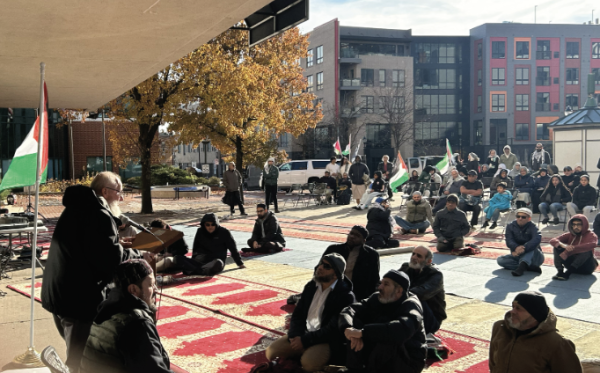
Rep. Susan Wild, who represents Pennsylvania’s 7th Congressional District (including the Lehigh Valley), was among the elected officials repeatedly targeted in IECPA and other organizations’ grassroots campaigns. In an open letter to Wild published Oct. 15, Muslim leaders of the Lehigh Valley accused her of standing “’shoulder to shoulder’ with this genocide.” The letter referred to a post Wild made on X (formerly known as Twitter) on Oct. 10, saying, “Congress must stand shoulder to shoulder with our ally Israel.”
While Wild did not recall what organizations she specifically received letters from, she noted the vast number of people who reached out to her from all sides of the issue, including on concerns of hate.
“I’ve received anecdotal records from both friends and people I barely know, and they’re just not quite sure whether they’re being targeted or not,” Wild said. “I will say I have not heard about as much of it in Pennsylvania [Congressional District] 7, as we have seen across the country, but that doesn’t mean that we’re immune from it.”
Locally, some elected officials have tried to voice their support for Palestine publicly. Easton City councilwoman Taiba Sultana, the first Muslim elected to the council, introduced a resolution to the council on Oct. 25, and again on Nov. 8 calling for a ceasefire in Gaza, unsuccessfully both times. Both meetings included passionate testimonies from Muslim, Palestinian, Israeli, and Jewish residents, but her resolution ultimately died on the floor.
“I’m not in favor of giving my tax dollars to other countries for military aid until they are trying to defend themselves, not just to bomb children and women and hospitals and schools,” Sultana said. “This is unacceptable to me. My resolution was to call for a ceasefire and stop the bombing on children.”
Sultana also said she has repeatedly been called a terrorist and “pro-Hamas” on her social media pages after calling for the ceasefire and has received multiple calls to resign, due to conflation of her support of Palestinian civilians with support for Hamas. Opponents of a ceasefire argue that it would simply give Hamas a chance to regroup and gain strength, thus supporting terrorism. Sultana rejected these claims, emphasizing that being pro-Palestinian civilians does not equate to being pro-Hamas or antisemetic, and noted the distinction between Palestinian civilians and the organization ruling them.
Elshinawy also previously made statements affirming that “we [Muslims] don’t represent Hamas.” Sultana spoke at the Nov. 24 Jummah on statistics concerning the amount of Palestinians killed and ultimately called on Wild to support a ceasefire as well. Wild, however, does not believe one would be effective.
“We had a ceasefire as of Oct. 6,” Wild said. “It had lasted a long time. That was violated on Oct. 7, and there’s no reason to believe that another ceasefire would not be similarly violated by Hamas.”
Despite not supporting a ceasefire, Wild still distinguished between Hamas and Palestinian civilians, calling for more humanitarian aid to enter the region.
The complex issue has sparked national debate, from college campuses to the halls of Congress, and the Lehigh Valley has become its own microcosm of the issue. National sentiments have been echoed locally in cities like Allentown and Easton, resulting in passionate discourse from both sides. However, Wild believes the area is special, in that community members can come together regardless of faith and reconcile their differences.
“Muslims and Jews in the Lehigh Valley have always supported one another, and the community at large has, over the last couple of decades, been very welcoming and open-minded, and I hope we can maintain that,” Wild said. “We all lose if we are not supporting one another.”
Juniors Zaira Ali and Aleena Khokhar, co-presidents of EHS’ new Muslim Student Association (MSA), which was approved by the school board on Monday, Dec. 11, plan to hold a fundraiser for Palestine within the coming weeks.
“We were thinking about getting little pins with Palestinian flags on them, and with that our proceeds would go directly to organizations that help support Palestinian civilians,” Khokhar said.
Despite the divisive nature of the conflict and his personal beliefs, Mughal, like many, remains strong in his convictions of helping those suffering.
“At the end of the day, it’s a humanity issue,” Mughal said. “It’s a humanitarian crisis. It’s not Muslims versus Jews, it’s nothing like that. It is humans versus humans – and we have to see it as that.”


